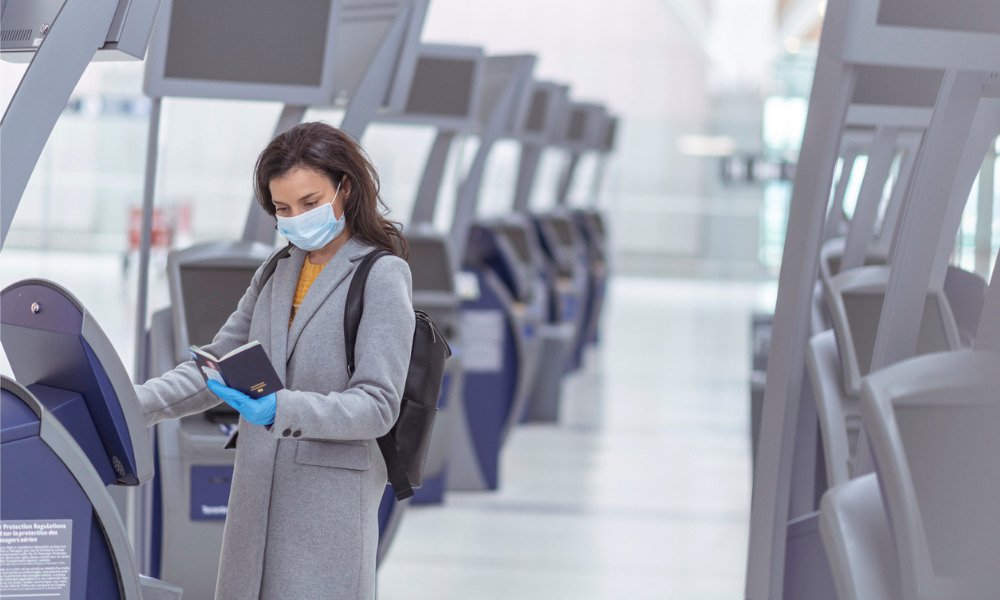
The government is tightening security – and leaving nothing to chance

International travellers bound for New Zealand will have to undergo COVID-19 screening and show negative test results first, before they are allowed to leave for the country. The decision comes as new coronavirus strains emerge in other regions.
New Zealand has been largely successful at containing the local transmission of COVID-19, but the government said it will soon be tightening security and leaving nothing to chance.
Read more: Ready to get back to business travel?
International visitors are required to take two tests: the first one within 72 hours prior to departure and the second one after arrival in New Zealand. Before the pre-departure testing was announced, the country had only asked travellers to undergo a mandatory 14-day quarantine.
Travellers from Australia and select Pacific Island nations are exempted from the rule. But those arriving from the US and UK will have to follow the new protocol starting Friday. The same restriction will also be extended to visitors from other countries in the weeks ahead.
“Given the high rates of infection in many countries and evidence of the global spread of more transmissible variants, it’s clear that most global air routes will be of critical concern for the foreseeable future,” COVID-19 Response Minister Chris Hipkins said in a statement.
The extra precaution being taken by New Zealand’s health authorities coincides with the release of a new study involving an 18-hour flight from Dubai to Auckland, which reportedly offers evidence of an outbreak occurring in transit. The cases were detected upon arrival in New Zealand.
Researchers from the New Zealand Ministry of Health found seven of the 86 passengers on that flight were positive for COVID-19; at least four of those cases were purportedly contracted in-flight, according to the study published in the Emerging Infectious Diseases journal.
The findings “underscore the value of considering all international passengers arriving in New Zealand as being potentially infected, even if pre-departure testing was undertaken, social distancing and spacing were followed, and personal protective equipment was used in-flight,” researchers said.
New Zealand has managed to stay COVID-free in the past two months and kept the number of infections low at just over 2,200 cases, with only 25 deaths, since the start of the pandemic.
The country also plans to procure vaccines from AstraZeneca and Novovax and will begin its immunisation drive by the end of March. It will prioritise border workers before administering shots to the rest of its five-million residents in the middle of the year.